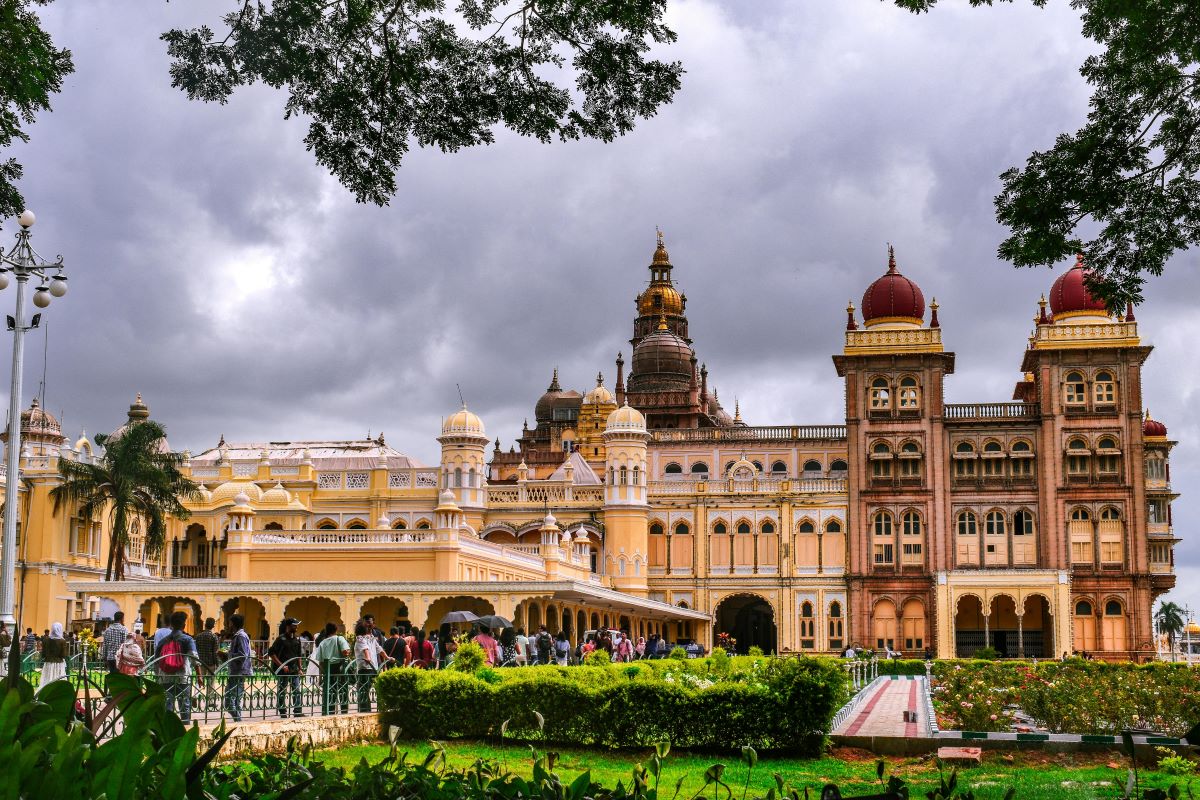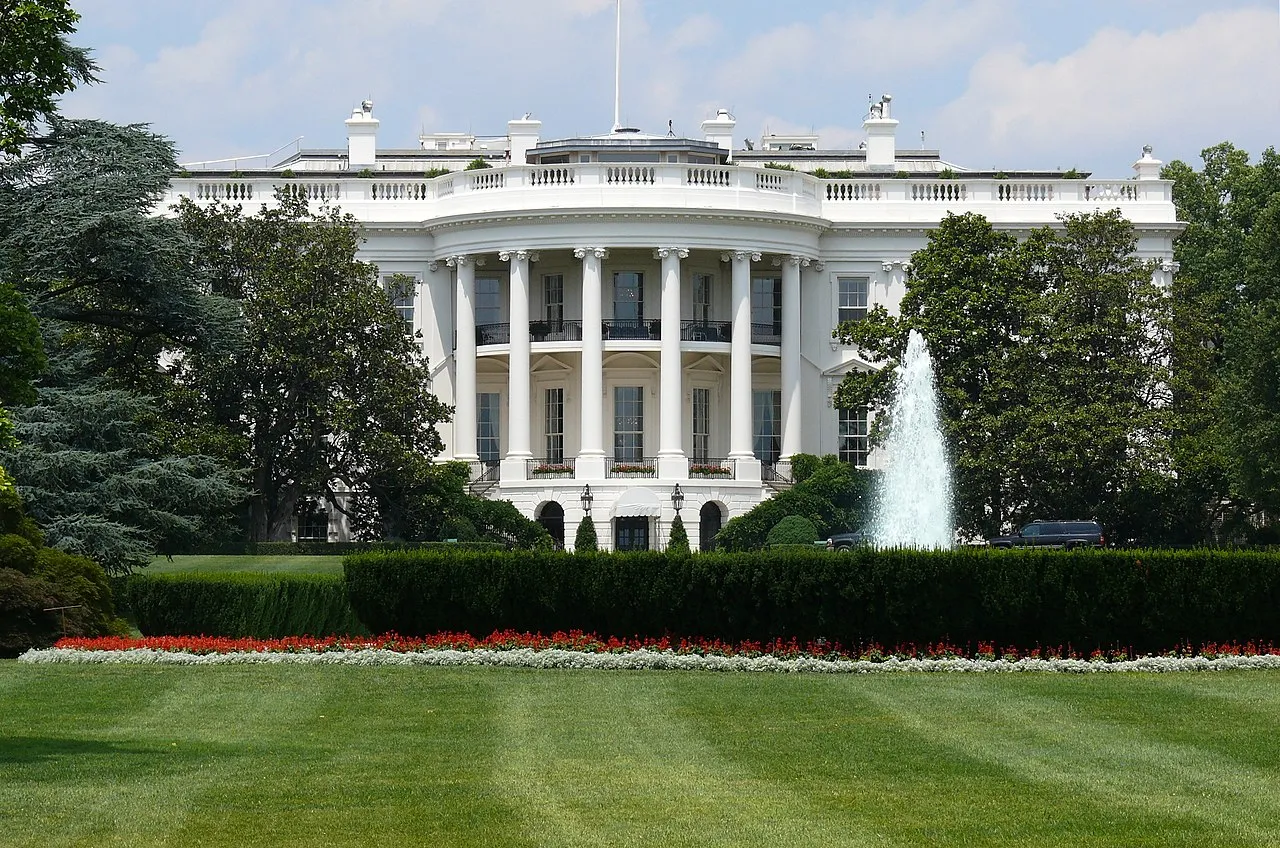Intrepid Travel Highlights Importance of India For 2030 Strategy— India Report

Skift Take
Intrepid Travel talked about the importance of India as a destination to the group's 2030 strategy. The tour operator currently operates 800 trips in the country as part of its offerings that allow travelers to experience the local culture of the destination.
Having operated in India for almost two decades, Intrepid aims to bring in 30,000 travelers to India by 2030, a bold ambition: It represents almost 300% growth. In 2023, Intrepid welcomed 7,500 travelers in India.
Last year, Intrepid CEO James Thornton had said the company was looking to bring more than 12,000 travelers to India in 2024. This would mark the company’s return to pre-pandemic numbers in the country.
Speaking at the Skift India Summit earlier, Intrepid Travel founder and chairman Darrell Wade had said that Intrepid could see themselves playing a part in India’s domestic travel at some point in the future. "While we may not be looking at it for the next two or three years but by 2030, we would," he said.
India's domestic air passenger traffic had been 152 million in 2023.
Talking about India, Wade said that while people may tend to gravitate to certain circuits, like the Golden Triangle, wherever possible, Intrepid looks to break that model and get people into a more diversified range of product. "Very often we find people enjoy it more when they're doing something that they don't expect to do and didn't really even know they were signing up for," he said.
Intrepid also plans to expand into areas, including accommodation and grow its presence in countries, like India.
Intrepid Travel currently operates around 800 trips across the country.
2030 Strategy: The company’s 2030 strategy is aimed at doubling the number of its global customers to 600,000 from 320,000 last year. Additionally, it is seeking to more than double its revenue to $1.3 billion by 2030.
Over 24,000 Weekly Domestic Flights to Take Off in India This Summer
The summer schedule for Indian airlines has been released and it will come into effect from March 31. According to the schedule, 24,275 domestic flights will be operated every week. This marks a 6% increase as compared to the previous year. In the ongoing winter schedule, carriers are operating 23,732 weekly flights.
Budget carriers IndiGo and Akasa Air and full-service sister airlines Air India and Vistara are set to increase the number of flights, while troubled low-cost carrier SpiceJet will be cutting down its weekly departures by over 22%.
The summer schedule includes 125 airports. These also include seven new airports that have been proposed by scheduled carriers, said Directorate General of Civil Aviation (DGCA).
Internationally, Indian carriers will be flying to 37 countries from 27 domestic airports. Scheduled Indian carriers will operate nearly 2,000 weekly international flights.
Singapore Easing Visa Norms for Indians, Expects 1.5 Million Tourists
Singapore is working on seamless and easy visas for Indian travelers, Indian news agency PTI cited a senior Singapore tourism official as saying. The country is also focusing on increasing its hospitality infrastructure including hotel rooms to support an anticipated influx of visitors. It has 72,000 hotel rooms at present, and is working on adding 9,000 more.
The Singapore Tourism Board has not set any target for travelers from India due to the tourism market potential. It has acknowledged that the number in 2024 could reach 1.5 million. This would be higher than the pre-pandemic figure of 1.4 million tourists, and would be a growth of 36% over the 2023 arrival figures.
SpiceJet Settles Liabilities Worth $91 Million
Low cost airline SpiceJet has entered into a settlement agreement with Export Development Canada (EDC) to clear liabilities worth $91 million. This is the carrier’s biggest breakthrough in its financial restructuring so far. With this agreement, the airline is set to take full ownership of 13 EDC-financed Q400 aircraft.
The debt-ridden airline has reached several settlement agreements with its leasing companies, including AerCap, Echelon Ireland Madison One Ltd, and Cross Ocean Partners. As part of its settlements, it recently received three airframes and an engine. SpiceJet is looking to return to full capacity by restoring its grounded fleet.
IndiGo to Fly More International Routes
India’s largest airline IndiGo is planning to double in size by 2030. For this, it is looking to add more international routes and destinations to its network, said CEO Pieter Elbers. The company’s overseas presence is expected to be boosted by A321 XLR aircraft that can join its fleet next year.
In an interview with Indian news agency PTI, Elbers said that the 2030 ambition is to create an airline that would be double of its current size, global reach and footprint. For this, it is looking at more codeshare partnerships. Currently, IndiGo has partnered with British Airways, Qatar Airways, Turkish Airways, Qantas, KLM-AirFrance, American Airline, Virgin Atlantic, and Jetstar.
Hyatt’s India Pipeline 2024: Six Hotels to Open
Hyatt Hotels has announced its pipeline in India for 2024. The brand will open six hotels across three brands in the country this year. Two Hyatt Regency hotels are slated to open in Kasauli and Ghaziabad, while the company will open Hyatt Place hotels in Aurangabad and Haridwar. Hyatt Centric Ballygunge Kolkata and Hyatt Centric Hebbal Bengaluru are also in the pipeline.
The company recently marked the launch of its ninth brand in India with the opening of Ronil Goa under the JdV by Hyatt brand. The hotel company also has a new Hyatt Place hotel coming up in Bangladesh this year, marking its entry into the Southwest Asian nation.





